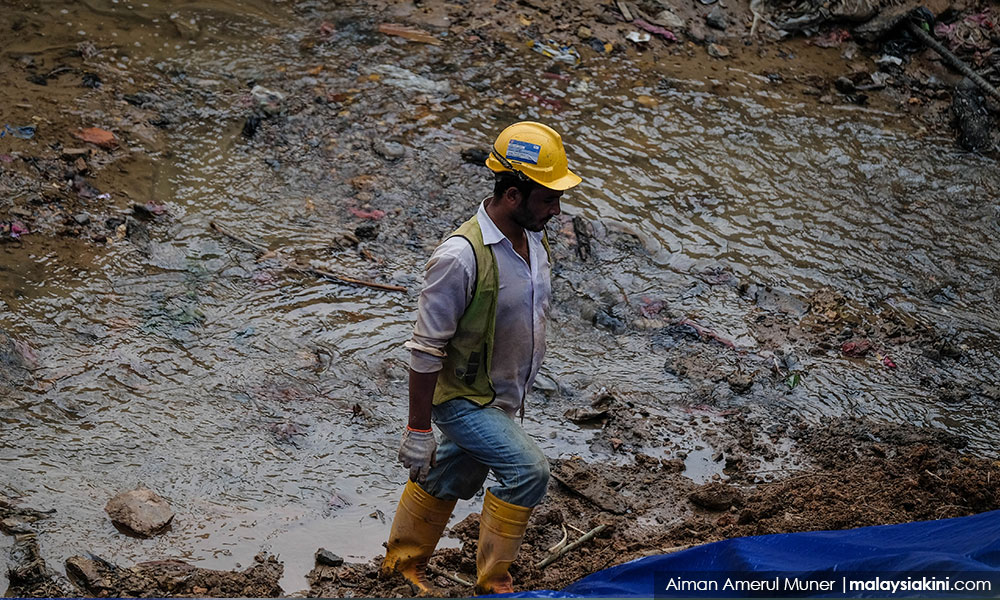The government is strongly opposed to the exploitation of migrant workers and is committed to upholding their rights, stressed the ambassador and permanent representative of Malaysia to the United Nations in Geneva.
Nadzirah Osman was responding to the UN’s queries on alleged abuses of Bangladeshi workers in the country.
In the 12-page document, she said the Labour Department has rescued and relocated exploited foreign workers, including 1,664 in 2023 and 910 foreign workers as of April this year.
“The government of Malaysia takes note of the UN Human Rights Special Procedures report regarding allegations of exploitation, destitution, and criminalisation against foreign workers from Bangladesh dated April 17.
“The government views this matter seriously and will not compromise with any parties involved in cases of exploiting foreign workers, which lead to forced labour and human trafficking,” she said.
The queries were raised by UN special rapporteur on contemporary forms of slavery Tomoya Obokata, Robert McCorquodale (chair-rapporteur), Gehad Madi (special rapporteur on the human rights of migrants), and Siobhán Mullally (special rapporteur on trafficking in persons, especially women and children).
The letter stated that Bangladeshi migrants had arrived in Malaysia to find no jobs as promised and eventually faced risks of arrest, detention, ill-treatment, deportation, and further exploitation.
The government was also recommended to state measures towards resolving the highlighted issues - access to health services, food, legal and social support, the nature of assistance provided to alleged trafficking victims, and the effectiveness of measures to prevent the trafficking of migrant workers in the country.
Global standards adhered to
Nadzirah said the Home Ministry manages detainees in immigration detention centres in line with international standards.
“In formulating the national foreign worker management policy, the Home Ministry is guided by four main components, namely to reduce the migration costs of foreign workers, expedite the entry process of foreign workers, protect their welfare, and safeguard the employers’ rights,” she added.

She also pointed to the government’s resolution of the Bangladeshi migrant workers who were left stranded and jobless in Pengerang, Johor.
In February, the company that recruited 733 Bangladeshi workers was reportedly given 45 days to settle salary arrears amounting to RM1,035,557.50 during a proceeding held by the Labour Department.
The workers had been brought in through legal recruitment channels, but upon arrival, they had not been provided with employment and were neglected.
Human Resources Minister Steven Sim said the Labour Department found new employers for 692 of the foreign workers.
Besides that, Nadzirah said the Human Resources Ministry launched an online mobile application called Working for Workers, which serves as a mechanism for employees to file complaints against employers for noncompliance and to report concerns under 17 categories of labour issues.
The government also provided care and support to trafficking victims under the Anti-Trafficking in Persons and Anti-Smuggling of Migrants Act 2007 (Act 670), she added.
“To date, there are eight government shelter homes (one shelter for men, five shelters for women and two for children) and two shelters operated by NGOs.
“A wide range of services and assistance are available for the trafficked victim such as shelter, food, psycho-social support, income generation programme, language and vocational training, phone call services and clothes,” she said. - Mkini




No comments:
Post a Comment
Note: Only a member of this blog may post a comment.